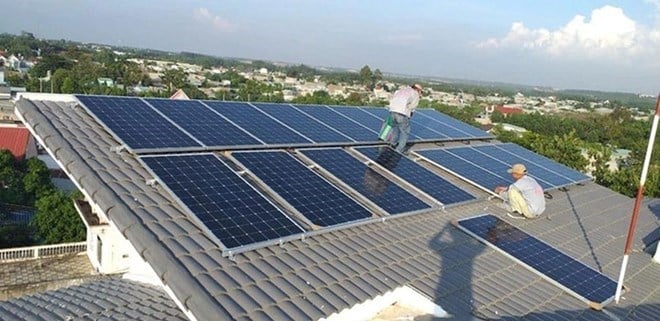
According to VCCI's comments, for the procedure of registering rooftop solar power that is not connected to the national grid but still has to carry out the registration procedure with the provincial People's Committee, VCCI commented that "this regulation is unnecessary". Because these are often cases of installing small solar panels to serve some electrical equipment that does not need to operate continuously such as pumps or have accompanying power storage devices.
This type also does not cause any negative impact on grid safety, and is not limited in total capacity. Therefore, according to VCCI, there is no need for the State to manage electricity through an administrative procedure.
According to the draft decree, the case of installing rooftop solar power for self-use is encouraged to develop. This means that the surplus electricity will not be sold to other organizations or individuals. This raises the question, can households in the same building buy and sell electricity from each other?
Citing feedback from businesses, VCCI said that allowing the purchase and sale of electricity within the same building would create more resources to develop this type of power source, limit excess electricity and help balance the needs of the entire system. Therefore, this organization proposed allowing the direct purchase and sale of rooftop solar power without going through the national grid.
Also according to the draft, rooftop solar power connected to the national grid is limited to a capacity of 2,600 MW. VCCI proposed that the drafting agency amend the regulation so that only cases of rooftop solar power connected to the grid are limited to a total capacity of 2,600 MW, instead of all power sources "connected to the grid".
Regarding approval and licensing conditions, the draft stipulates that people and businesses must submit applications to the provincial People's Committee when installing. However, VCCI believes that this procedure does not clearly stipulate which cases will be approved and which will not, which could cause arbitrariness in implementation, easily leading to harassment and negative comments.
VCCI also cited the reflection of many businesses that the installation of rooftop solar power is still facing many difficulties. In particular, the procedures on construction, fire prevention and fighting, and environment are not really clear and are applied differently in each locality.
For example, with construction procedures, some localities consider rooftop solar power as a construction project, but others consider it as additional equipment. Or with fire prevention and fighting procedures, some places do not consult the Department of Industry and Trade, some places the fire prevention and fighting agency proactively asks the Department of Industry and Trade, but some places require businesses to consult the Department of Industry and Trade.
From the feedback of enterprises on the need for clear, transparent regulations and consistent application of administrative procedures, VCCI proposed that the drafting agency supplement the review of regulations related to rooftop solar power installation for amendment in this decree, ensuring consistency in implementation.
Source










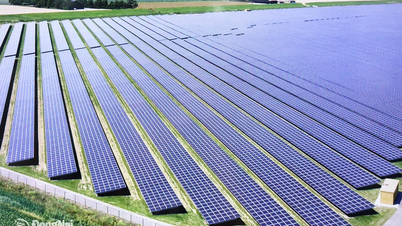



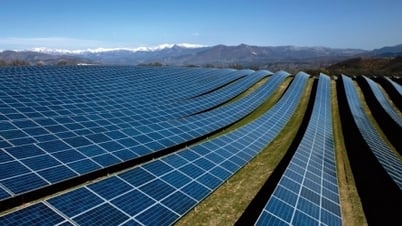


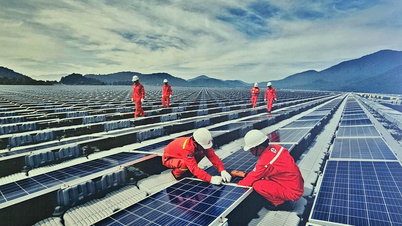







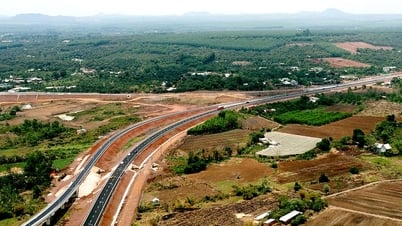









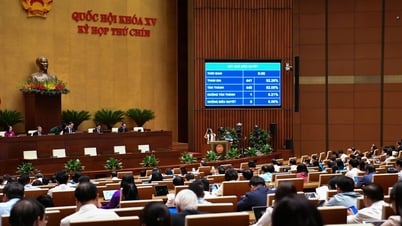










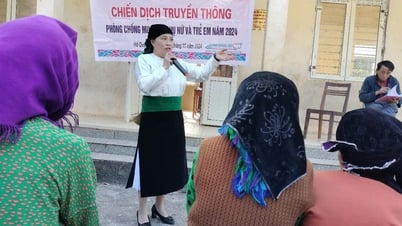








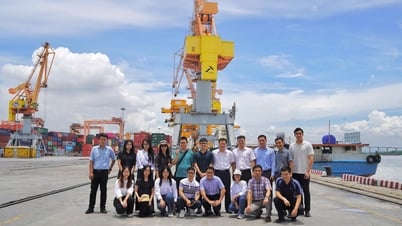



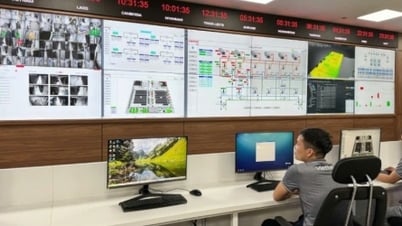






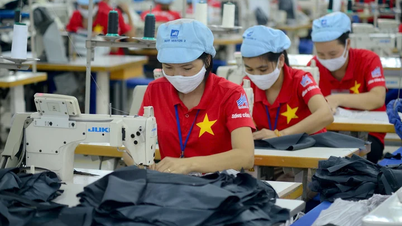







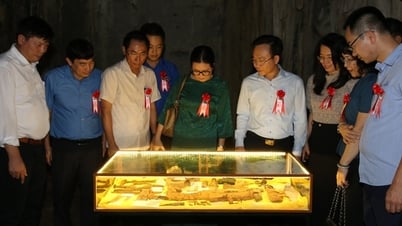




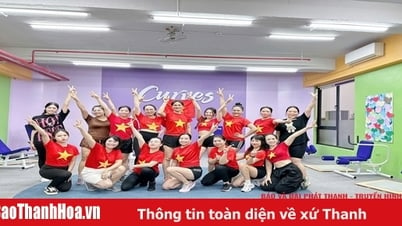





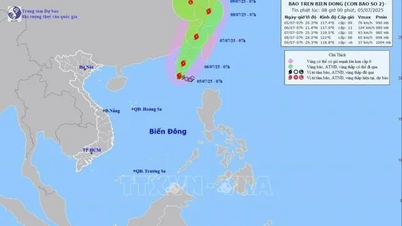







![[OCOP REVIEW] Bay Quyen sticky rice cake: A hometown specialty that has reached new heights thanks to its brand reputation](https://vphoto.vietnam.vn/thumb/402x226/vietnam/resource/IMAGE/2025/7/3/1a7e35c028bf46199ee1ec6b3ba0069e)









Comment (0)